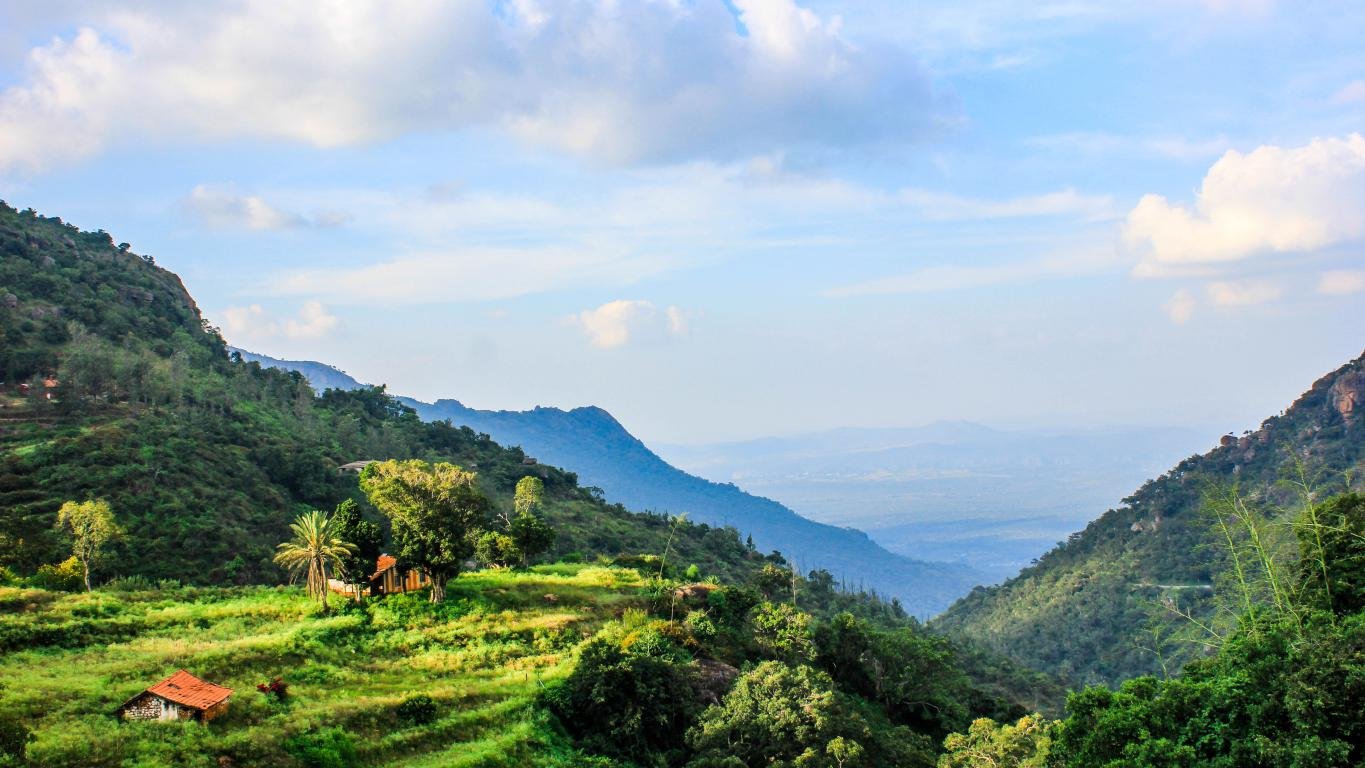In an effort to address the ongoing crisis and promote economic growth, South Korea has expanded its E 9 visa program. The move aims to meet the increasing demand for foreign workers in specific industries, while also providing opportunities for individuals from countries facing economic hardships.
The E 9 visa program was initially introduced in 1992 to allow unskilled foreign workers to assist in industries such as manufacturing, construction, and agriculture. These sectors have long relied on migrant workers to fill labor gaps, as the local workforce has become insufficient to meet the demands of a rapidly developing economy.
The expansion of the E 9 visa program comes at a crucial time when multiple industries are grappling with labor shortages due to the COVID-19 pandemic. The pandemic has disrupted global supply chains and restricted the movement of workers, making it difficult for businesses to meet production targets. By expanding the E 9 visa program, South Korea aims to alleviate these labor shortages and ensure the continued operation of critical industries.
Under the expanded program, the number of eligible countries has been increased to include nations facing economic hardships, such as the Philippines, Vietnam, Cambodia, and Uzbekistan. The move aims to provide employment opportunities for individuals in countries that have been heavily impacted by the pandemic or have limited economic prospects.
To qualify for the E 9 visa, applicants must meet certain criteria, including being between the ages of 18 and 39, having no criminal record, and passing a medical examination. Successful applicants are granted a three-year visa, which can be renewed once. The visa allows them to work in designated industries and provides access to social security benefits.
While the expansion of the E 9 visa program has been welcomed by businesses and industries in need of workers, it has also raised concerns among certain groups. Critics argue that the program may lead to the exploitation of foreign workers, as they may be subjected to low wages and poor working conditions. Additionally, there are concerns that an influx of foreign workers may lead to increased competition for jobs among the local workforce.
To address these concerns, the South Korean government has implemented measures to protect the rights of foreign workers. These measures include setting minimum wage standards for E 9 visa holders and conducting regular inspections to ensure compliance with labor laws. The government has also established support centers to provide assistance and guidance to foreign workers, helping them integrate into Korean society and access necessary services.
The expansion of the E 9 visa program is a significant step towards addressing the labor shortages faced by South Korea. By providing opportunities for foreign workers from countries in crisis, the program not only supports the local economy but also offers a lifeline to individuals seeking employment abroad. However, it is essential for the government to continue monitoring and improving the program to ensure the fair treatment and protection of foreign workers.





